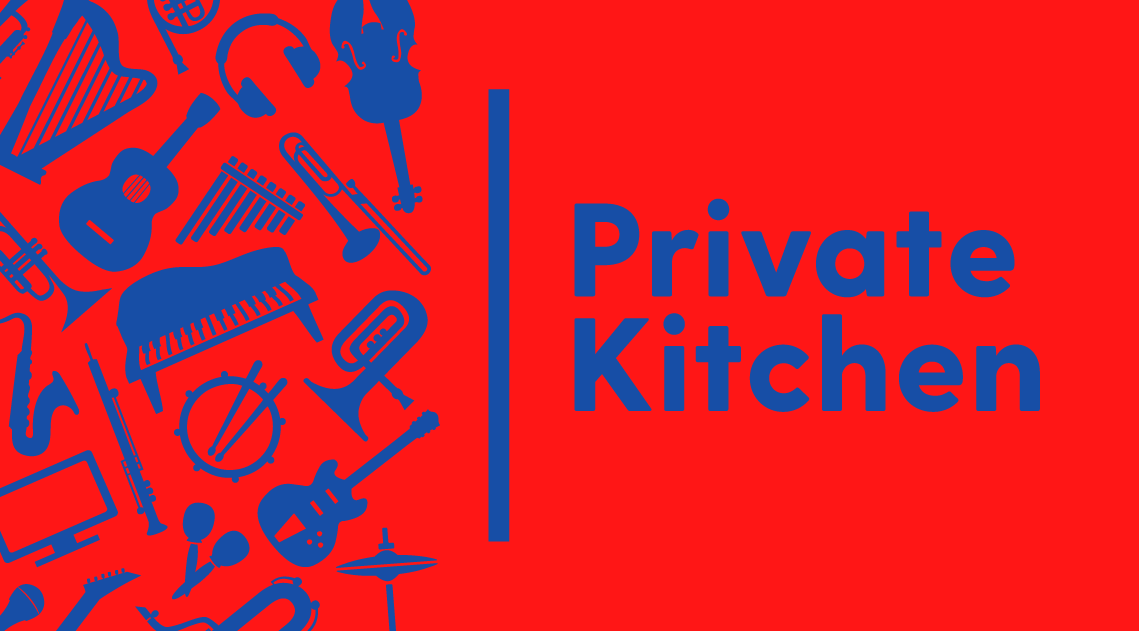AI in the Director's Chair: Navigating the New Age of Media Composition
The content of this article/series on music & AI is written entirely by artificial intelligence. Read our ‘introduction into AI in Music - generated’ why and how we as editors of Private Kitchen create these articles.
Introduction
Building upon our previous exploration in "Harmonizing AI and Human Creativity", the landscape of media music composition is witnessing a revolutionary shift with the advent of AI tools. This article delves into the latest AI advancements, offering a fresh perspective on how these tools are redefining the creative process for media composers.
The Evolution of Music Design
While AI tools like OpenAI ChatGPT are becoming indispensable allies in conceptualization and composition, there's an emerging conversation around AI as a potential competitor in the creative space. From Ablegen to Suno.AI (V3 just out) the dual role of AI as both helper and challenger is shaping a new dynamic in many realms, including the one of media music creation.
Breaking New Ground with AI
Recent developments have further expanded the possibilities for AI assisted creativity. Google DeepMind's Lyria, for instance, could be a game-changer in transforming simple audio clips into full-fledged orchestral scores. This tool not only simplifies the process but also opens doors to unprecedented creative realms.
Smaller aspects of the entire process for media composition are also seeing a growing number of practical solutions for everyday tasks. An excellent practical example is the use of Magenta's Onsets and Frames for piano transcription. Media composers can play their themes on an acoustical piano, and this tool will convert the performance into MIDI, streamlining the process of integrating their compositions into digital audio workstations. This tool is accessible here .
As we embrace these technological advancements, it's crucial to consider the ethical implications of AI in music. Issues surrounding authorship, originality, and the potential for AI to replicate styles raise important questions for composers and the wider creative community. This would be an interesting topic for another article here in our Private Kitchen.
AI in Sonic Design and Performance
AI assisted Sound and Sonic design have evolved with tools like Tone Transfer, AudioLDM and RAVE, allowing composers to manipulate and create unique soundscapes. Advances in robotics, like with the Logos Robot Orchestra, Shimon the Marimba playing robot, robot rock bands like “Compressorhead”, Bionic Drummers like Jason Barnes and first concerts with conductor robots exemplify how performances can be (partly) automated, blending the boundaries between digital and traditional music creation. This might also lead to instrumental parts that need to be recorded for media composers to be performed by robotic music interpreters. This technology has the potential to revolutionize the way music is performed, and it could also lead to new forms of musical expression.
While specific examples in soundtrack composition are still emerging, the potential of AI in this field is immense. You could have hours of AI generated music in the background with this curated playlist with AI generated musical content, ranging from Mubert to Soundraw, from AIVA to Jukebox, etc.
We're curious to see how media composers will integrate these tools into their professional productions, potentially setting new standards in the industry.
Enhancing Final Production
In mixing and mastering, AI tools like Landr provide fine-tuning and optimization of tracks, ensuring high-quality output. This is crucial in the final stages of production, where precision and clarity are key. Early AI steps in converting low quality sound and music to higher quality are also good to keep an eye on, like the AudioSR: Versatile Audio Super-resolution at Scale
The Role of AI in Spotting and Thematic Development
Spotting, the process of aligning music with visual content, is an area ripe for AI integration. While currently in its nascent stages, the potential for AI to understand and react to visual cues is immense. Now that Bard is announced to be able to watch and break down youtube videos for you ( https://bard.google.com/updates ) we might see the day AI spotting and picture breakdowns is there for us.
One more step: AI-powered music discovery and future trends
AI can be used to recommend music to listeners based on their preferences. This can help listeners find new music that they enjoy, and it can also help artists get their music heard by more people. For example, the Spotify algorithm uses AI to recommend songs to users based on their listening history. This quality can make it easier to find what aspect a movie director is actually appreciating in a temp track, or propose alternatives to temp tracks more easily.
Looking ahead, we anticipate further innovations in AI music composition. Real-time AI collaboration during live performances and adaptive scoring in interactive media are just a couple of the exciting possibilities that could further transform the media music landscape.
We invite the Private Kitchen community to share their experiences with AI in media composition. Whether it's experimenting with new tools, navigating ethical considerations, or integrating AI into your creative workflow, your insights are invaluable. Share your stories, challenges, and successes at for instance the BMiM Seminar and by joining the AI Media composition Competiton . Together, let's explore the full potential of AI in shaping the future of media music composition.
Conclusion
As we continue to venture into this new era, the synergy between AI and human creativity is creating a symphony of possibilities. The tools we've discussed are just the beginning, as AI continues to evolve and redefine the boundaries of media music composition. Our role as composers is not just to utilize these tools but to push them to their limits, exploring new creative landscapes and crafting the symphony of tomorrow!











